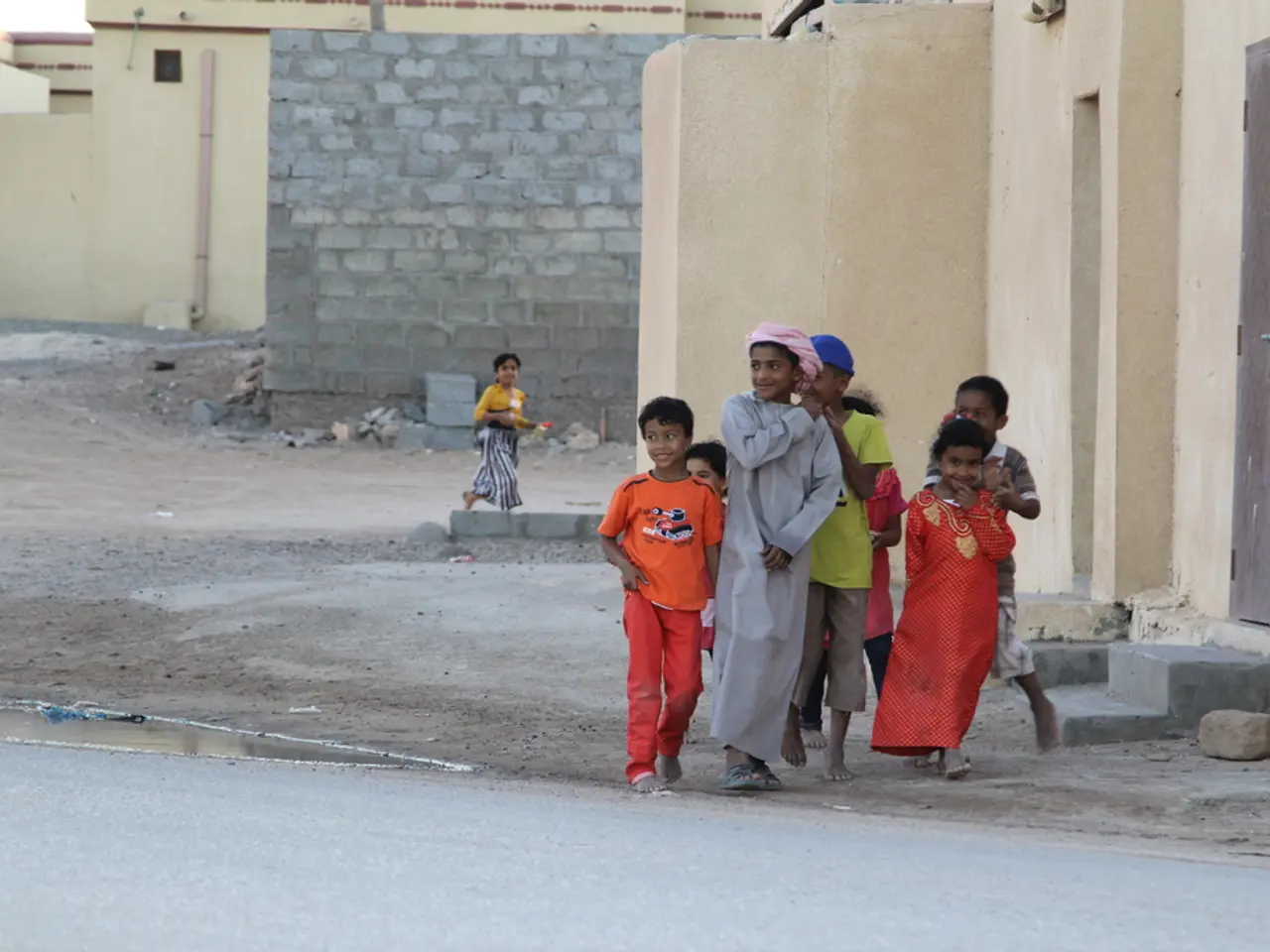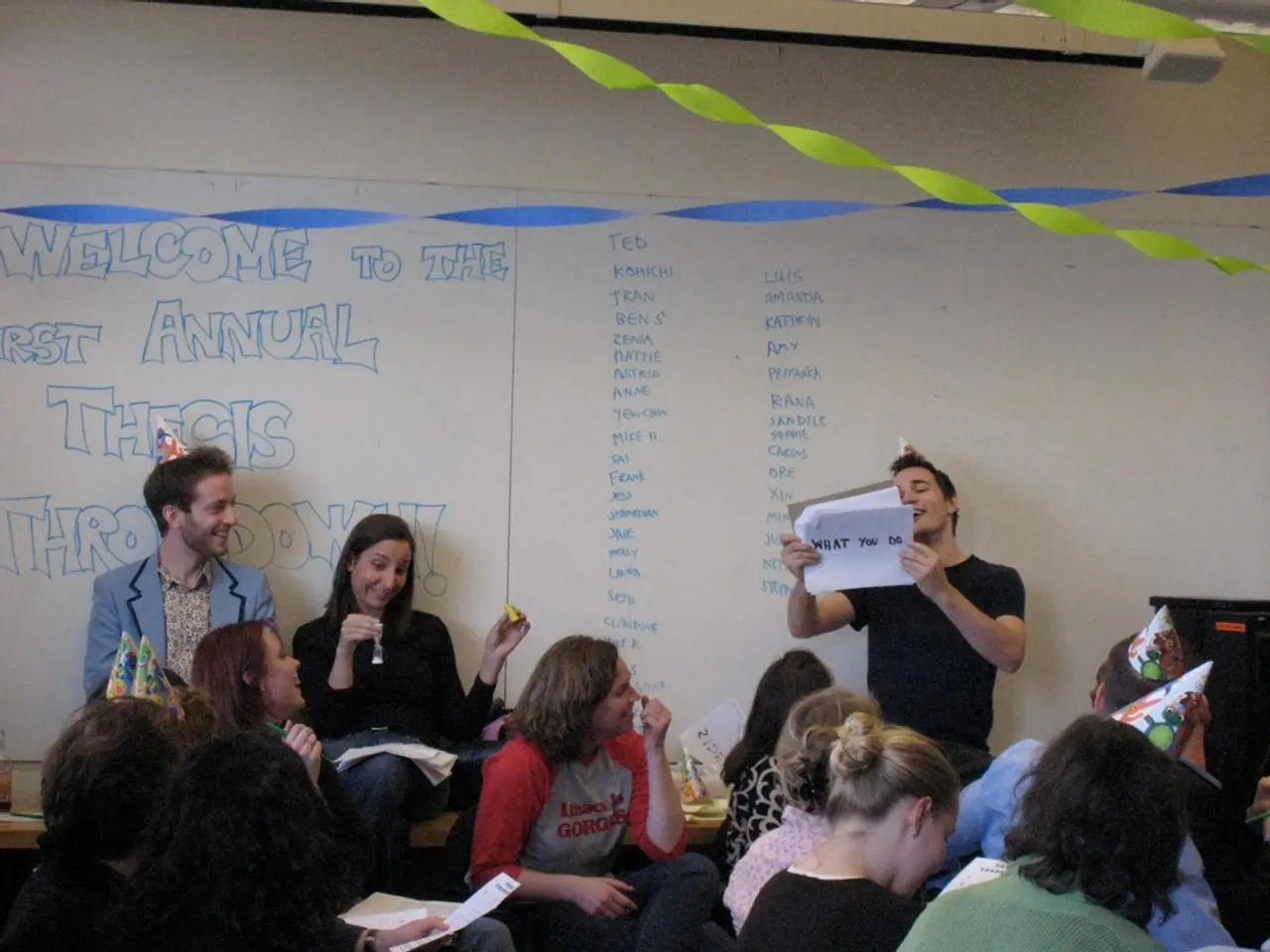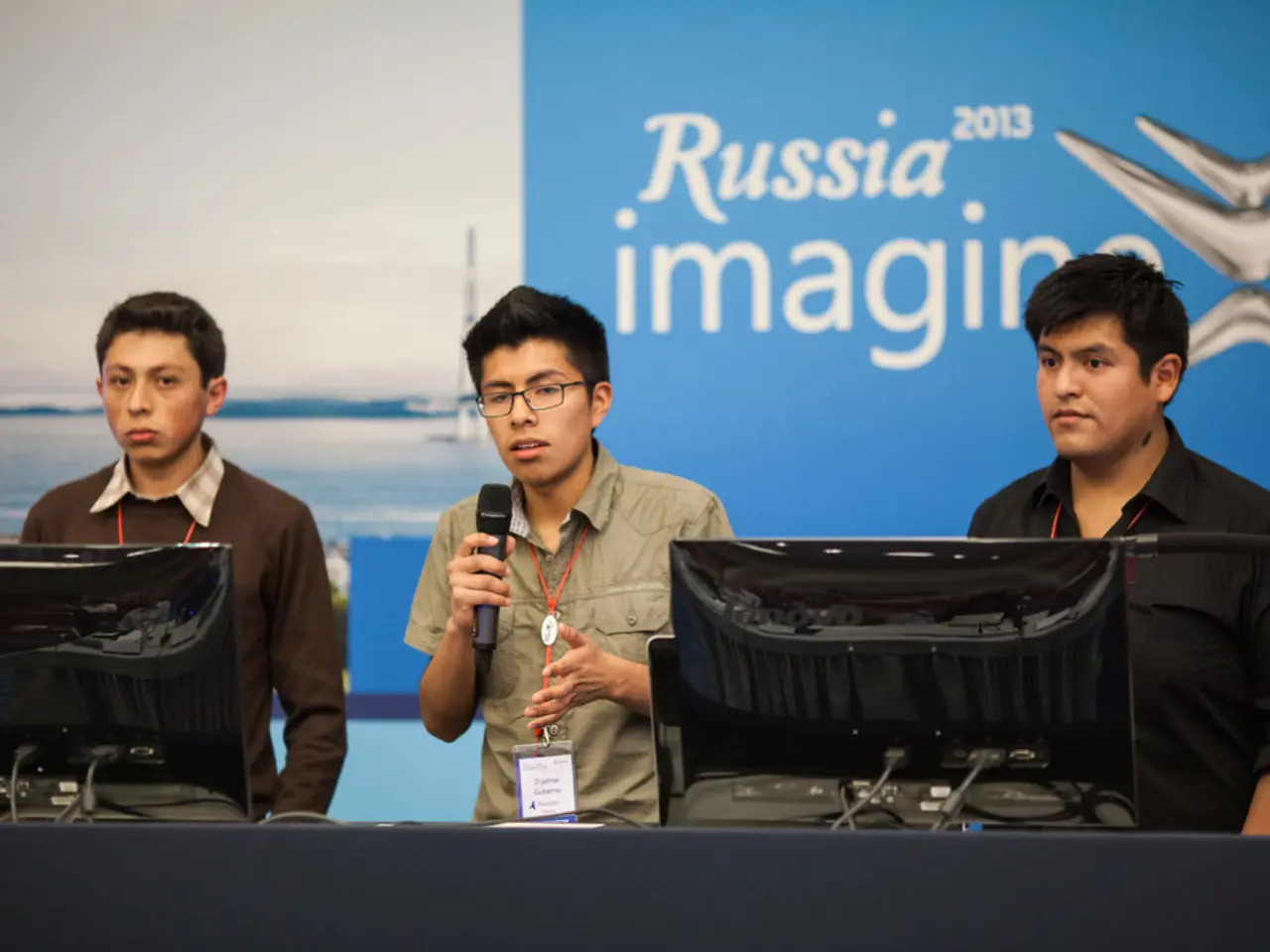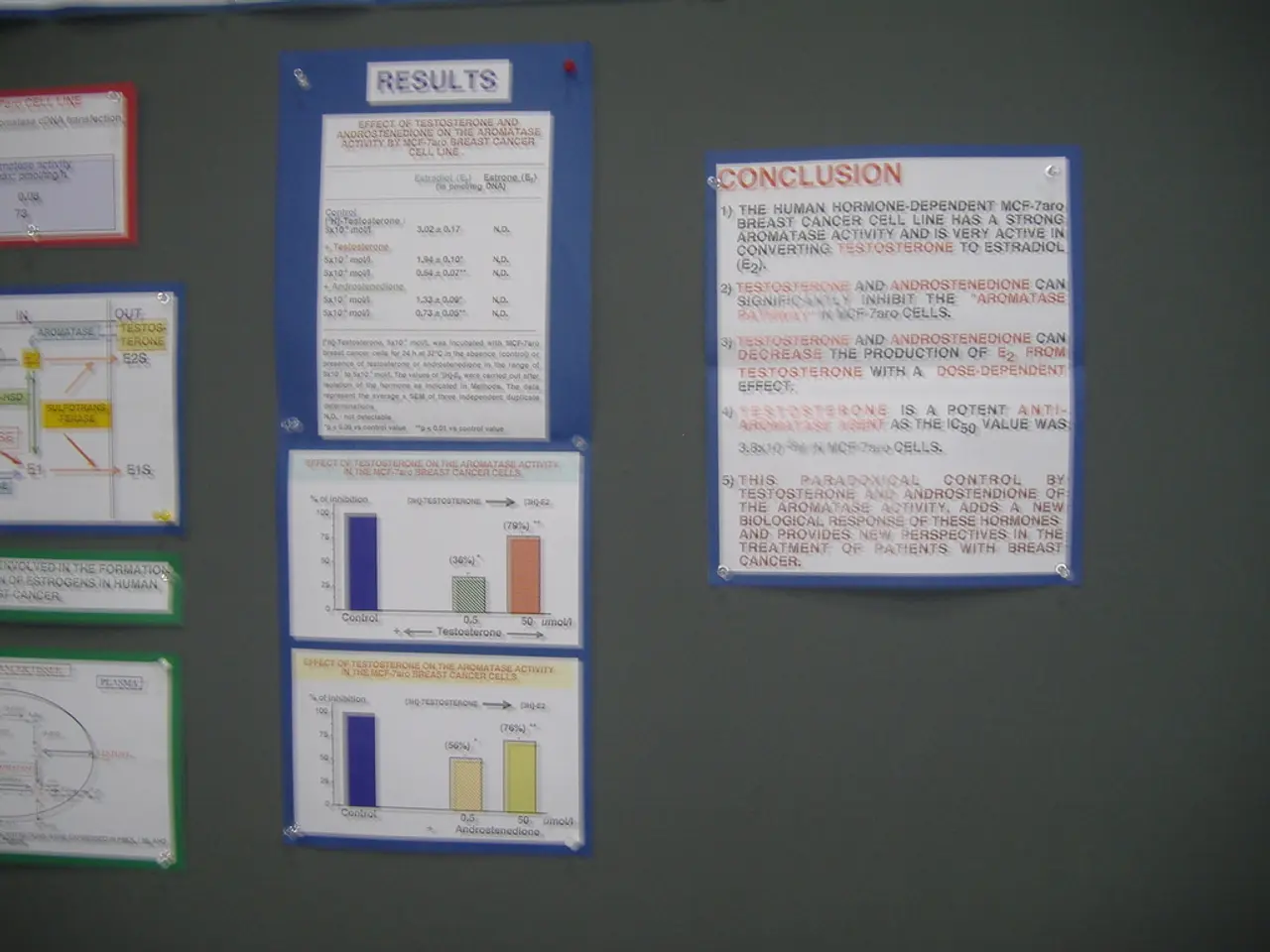Meeting with Caritas' working group at the Landtag
In North Rhine-Westphalia (NRW), a charitable organisation, Caritas, has issued a call for help due to threats to offers for children and young people, caused by extreme cost increases and the state's lack of willingness to provide stronger support. The Caritas working group, the "Working Group of Catholic Institutions and Services for Education and Counseling" of Caritas in the Ruhr diocese, made this statement.
The growing problems in stationary youth facilities have been described as unacceptable. Irmgard Handt, a business manager at Caritas, stated that youth welfare officers are being asked to take young people home because of a lack of suitable places in stationary youth facilities. Furthermore, the first positions for school social work have already been returned, and kindergartens are threatened with closure.
The shortage of skilled workers in nursing, social work, and kindergartens has also been emphasised. Stefan Zimkeit, a representative in the state parliament, supports the demand for more support for youth welfare facilities, kindergartens, open extended day care in schools, and school social work. Zimkeit also emphasised that more money is needed to solve the problems in stationary youth facilities.
The SPD, a political party in NRW, has proposed an expansion of paid training for educators and better organisation of social work. They have also supported the demand for more support for youth welfare facilities, kindergartens, open extended day care in schools, and school social work. The SPD's proposal in the state parliament includes bringing forward the annual adjustment of financial resources for kindergartens. The proposed aid package for kindergartens also includes relieving carriers of their own contributions for language kindergartens and daily helpers.
NRW has faced substantial budgetary pressure with cuts planned in education and social sectors. Proposed solutions and current discussions often focus on increasing public investment and fighting austerity cuts in social services to prevent closures. The Federal Employment Agency and federal laws, like the Vocational Training and Continuing Education Act, have introduced funding improvements and skills development benefits to support employee qualification, which can indirectly benefit youth welfare and social work sectors.
The Education Minister of NRW has expressed openness to reforms and "constructive solutions" related to education system challenges, implying potential advocacy for better funding and organisational changes at the state level. The main current proposals to address funding and workforce shortages in NRW’s youth welfare, kindergarten, and school social work sectors focus on combating austerity-driven budget cuts, improving vocational training and continuing education incentives, and advocating for fairer resource allocation by state authorities. Specific local legislative or programmatic solutions in NRW might still be under negotiation or not publicly detailed in the very recent sources.
- The increasing issues in the fields of nursing, social work, and education have been raised as a matter of political concern, with calls for increased funding and support.
- In light of the growing general-news topics surrounding the lack of resources in youth welfare facilities, kindergartens, and school social work, the SPD political party in NRW has proposed comprehensive reforms, including expanded training for educators and a more organized approach to social work.








